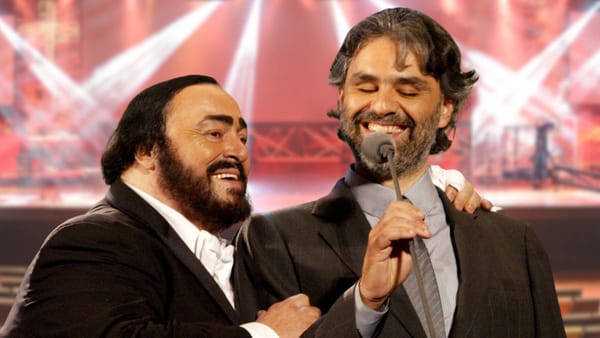Serenity
Don’t assume things can be swiftly changed just because it seems obvious that they ought to be. But also don’t assume that things can’t be changed, just because the prospect feels overwhelming.
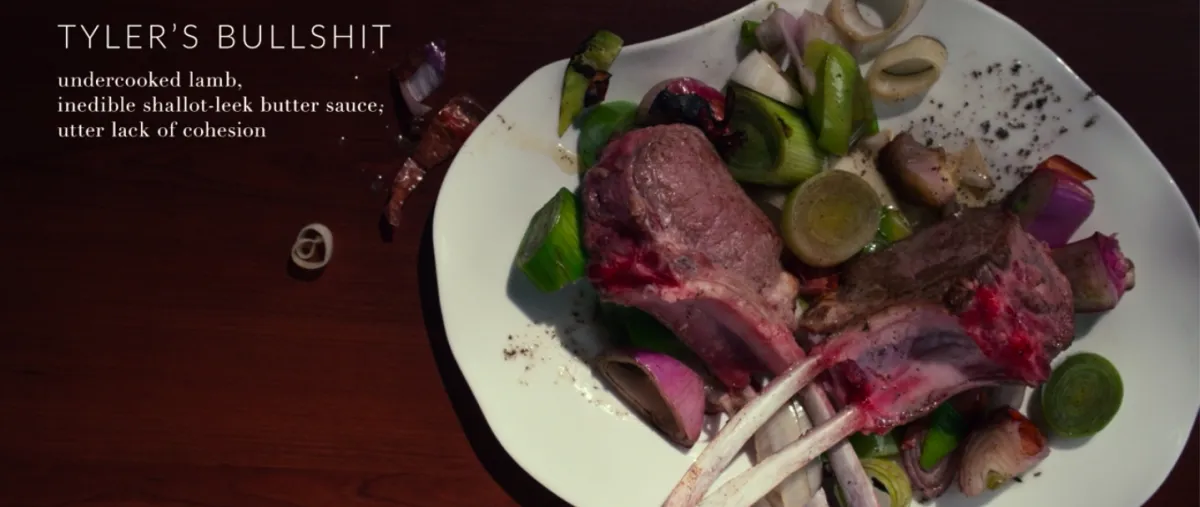
I was going to write about futility today. I thought this post was going to be titled “Futility”.
I am still going to begin with futility. I imagine that I am not the only one grappling with a sense of futility at this moment in our history. But I am going to steer in the direction of Serenity.
Futility is the powerful wind that never catches a sail. It blows and blows, convinced that its entire purpose is to fuel some boat’s journey… but none ever arrives to take advantage of its beneficence. The wind feels increasingly useless, and its momentum eventually stalls. As it peters out, it sees gas-guzzling freighters and cruise ships frolicking to and fro in the distance.
Futility is when you realize, much too late, that the deck was stacked against you the entire time. When you discover you made a six-figure investment in your musical training and worked your ass off to become the most authentic, virtuosic artist you are capable of being, only to realize that the classical music industrial complex so prefers to platform white men that if you represent any other gender or race, your chances of being seated in a principal chair with a world-class orchestra are practically nonexistent (and even if you beat the odds, staying in that seat often means putting up with ongoing microaggressions, if not blatant harassment).
Katherine Needleman beat those long odds. She has been principal oboist of the Baltimore Symphony since 2003. You should subscribe to her Substack.

In 2018, Needleman filed an EEOC complaint alleging that in her early years with the orchestra, she rebuffed an unwanted sexual advance from concertmaster Jonathan Carney and experienced retaliatory behavior from him afterwards. The EEOC did not issue a finding of liability; later, an independent investigation by a private law firm engaged by the Baltimore Symphony did not find that actionable harassment had occurred or that Carney had created a hostile work environment.
Surprise, surprise.
Needleman now advocates vehemently and tirelessly for the equitable treatment of women in classical music, as well as for expunging the misogynists and sex predators who continue to enjoy their tenure while congratulating themselves for making our lives untenable.
Fighting misogyny and sexual predation in the workplace too often feels like an exercise in futility, given how intractable the problem seems. In Needleman’s case, however, I would call it an exercise in resilience. While she has yet to receive the justice she seeks on her own behalf, her efforts are proving tremendously effective at exposing classical music’s entrenched sexual predation and misogyny woes. Needleman’s advocacy shines a hot, uncomfortable spotlight on the bad behavior of classical music’s predatory Big Fancy Men. She is building community and helping to make conditions increasingly uncomfortable for those who have been comfortable marginalizing and preying upon their less-privileged peers. Her actions will improve conditions for rising generations of classical musicians.
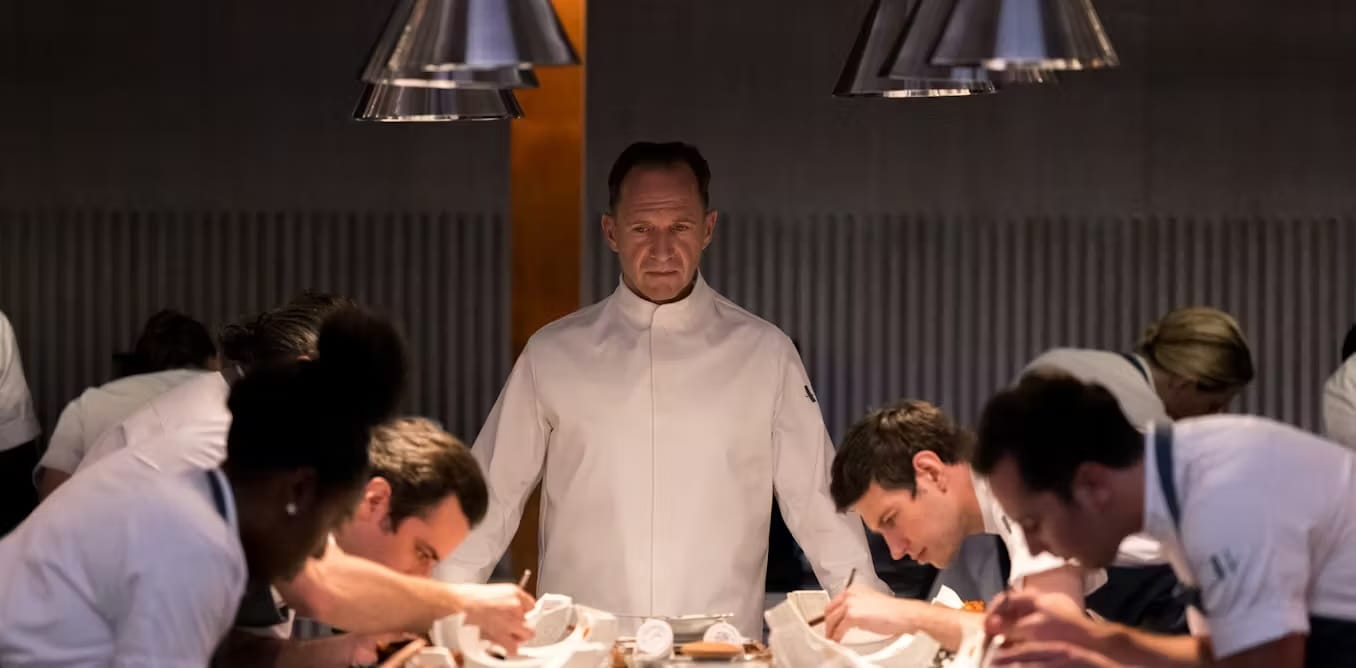
In The Menu, Ralph Fiennes plays a celebrated chef undone by the incongruity between his exceptional artistry and the poor appreciation it garners. Chef summons his least favorite diners to join him and his beleaguered, devoted staff for an exclusive event without mentioning that they will feature as ingredients for the final course. Futility is when you realize, much too late, that after dedicating decades of your life to becoming an extraordinary chef, decades cultivating sufficient industry cred to get the backing to open the restaurant of your dreams, that the only people who can afford to dine on your creations are wealthy, entitled fucks who won’t appreciate or even remember a single bite you serve them.
Those who are dedicated and fortunate enough to launch opera careers often find themselves constrained to serve the entitled and greedy, because among those who can afford to attend operas are many who are incapable of appreciating the extraordinary labor of love and sacrifice that is the prerequisite for a career in classical music.
Not everyone who sits on the board of directors of major opera companies is a wealthy, entitled fuck who doesn’t deserve to listen to extraordinary singing any more than Chef’s diners deserve to eat his food. But there are enough wealthy, entitled fucks in charge of our opera companies that it has become extraordinarily difficult to advise my passionate, gifted, hardworking students. Because the supply of passionate, gifted, hardworking singers far exceeds the demand these days, career success is somewhat predicated on a willingness to perform at the pleasure of, e.g., the wealthy white lady I have dubbed the Empress of Alligator Alcatraz who currently helms Florida Grand Opera, or the wealthy white guy running the Metropolitan Opera who has decided to expose his employees to the horrors of an annual Saudi Arabian residency.
I want more appreciative bosses and audiences for my students.
In their absence, how do we make satisfying lives for ourselves as artists? How do we sustain our resilience, in the face of apparent futility?
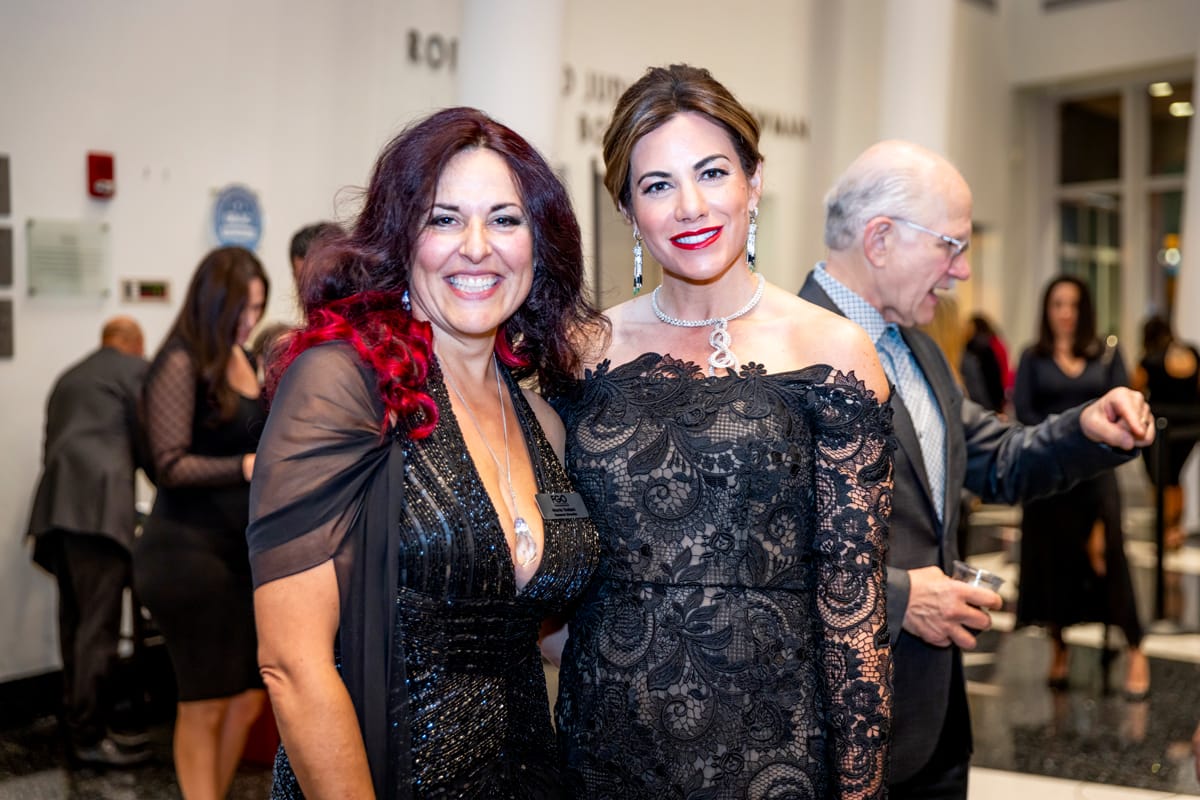
While the answer to these questions will likely vary for each of us, they all involve cultivating equanimity with these unpleasant conditions, at least for now. So I imagined it would be helpful to frame this post with the Serenity Prayer. I thought, I’ll just edit the God part out and encourage you all to meditate along with me:
May I have the serenity
to accept the things I cannot change;
courage to change the things I can;
and wisdom to know the difference.
Then I read the rest of the original Reinhold Niebuhr poem, with which I had not previously been acquainted, and felt that sense of futility rising within me once again:
Living one day at a time;
enjoying one moment at a time;
accepting hardships as the pathway to peace;
taking, as He did, this sinful world as it is, not as I would have it;
trusting that He will make all things right if I surrender to His Will;
that I may be reasonably happy in this life
and supremely happy with Him
forever in the next. Amen.
Ugh. I definitely feel futility tightening its grip on me again. I wanted to write an uplifting essay that would help us regulate the stress all of this causes our community. But instead of drawing inspiration from the familiar opening of the Serenity Prayer, I now have to unpack the rest of it. Fine.
“Living one day at a time; enjoying one moment at a time” is gorgeous in its simplicity. It evokes what I most love about Buddhist practice. No notes.
The idea of “accepting hardships as the pathway to peace” is inspiring within a certain context. If you’re experiencing hardship, it can be both healthy and practical to respond with “okay, this is a thing that is happening”, and try to make peace with it. Colon cancer taught me that it can be empowering to accept and make peace with inescapable hardship. However, in other contexts—including the one offered by the overall poem—this framing can be used to support the idea that we must accept hardships unquestioningly and without resistance, given that they are all part of God’s plan. But if your husband is beating you black and blue, that is not a God-given opportunity to work on yourself, it’s a sign that you need the courage to get the hell away from him. Note that while the Serenity Prayer opens with an exhortation to cultivate acceptance, courage, and wisdom, the rest of it is an imperative to accept rather than change things.
I can also see that there is value in “taking, as He did, this sinful world as it is, not as I would have it”. I love classical music with all my heart and soul, and I loathe the toxicity of the culture within which its practice and performance is currently embedded. But it is one thing to take a realistic, accepting view of the culture and participate in it as ethically as you are able, and another to be actively complicit in its ills. I don’t think we should take this sinful world as it is, and it seems to me that He didn’t think so, either. So let’s follow His example, and try to change and improve things whenever possible.
The total dealbreaker for me is the part about “trusting that He will make all things right if I surrender to His Will”. This is pure patriarchal propaganda. I don’t like it when religions create a masc sky god that is just a scarier, more powerful version of Problematic Daddy. This is just propaganda that conditions us to unquestioningly accept and obey the edicts of the Problematic Daddies, which is arguably why our nation is currently in the mess in which we find ourselves, with the mother of all problematic daddies steering the ship. The experience of surrendering to a Higher Power can either be a deeply profound thing, or it can involve various forms of indenture, so take care whose Will it is that you are surrendering to.
It seems to me that the theological imperative to care more about your next life than you care about this one… couldn’t that very easily be the work of Satan?
What could possibly be more sinful than encouraging us to be complacent about or even complicit with making our healthcare spectacularly expensive, keeping our minimum wage way below the poverty line, and persuading us to love only those neighbors who belong to our own demographic while demonizing everyone else? The exhortation to pray “that I may be reasonably happy in this life and supremely happy with Him forever in the next” smells like a scam to get you to graciously accept the entirely unnecessary deprivation wrought by the gross inequity imposed by your problematic billionaire daddies, so that after you die you can… what, exactly? Why would an eternity of supreme happiness be predicated upon your willingness to endure all such unfairness?
What could be possibly be more sinful than plundering the planet’s environmental integrity for short-term individual profit while assuring yourself that climate change is not the result of your preventable, rampant, pollution, but is rather a consequence of God’s retaliation for gay marriage, drag queens, et al? To be very clear, I do not wish to cast aspersions on anyone’s hopes for the afterlife. I just dislike seeing the promise of eventual supreme happiness dangled like a carrot to get us to try to be “reasonably happy” regardless of how we find ourselves marginalized. Clever, clever Satan.
Wow… I really didn’t expect to go in the direction of assigning a Satanic subtext to the Serenity Prayer. I was assuming that the Serenity Prayer would provide some inspiration to create satisfying lives for ourselves as artists in the midst of difficult conditions, to help us sustain resilience in the face of apparent futility.
But it still does. Of course it does. Just edit the Satan part out.
Prayer is a practice. Its value flows from the heartfelt intention we bring to it.
May I have the serenity
to accept the things I cannot change;
courage to change the things I can;
and wisdom to know the difference.
Perhaps I cannot personally or expediently change the things I dislike about classical music culture, but accepting the current reality does not also mean accepting that it will never change, or imagining that I cannot have an impact on how the culture evolves.
Perhaps my courage alone cannot effect the swift, large-scale kinds of change that would facilitate my ability to live out my days in the equitable, creative society of my dreams. But expressing what courage I can feels really good. It signals solidarity with those around me who are also striving to muster their courage. We can build equitable, creative communities for ourselves, and perhaps our efforts will catch fire and spread in a way that can eventually nudge the culture in the direction of the large-scale kinds of change that we dream of for future generations.
The wisdom to understand what can and cannot be changed is something each of us must earn through our own efforts. Just don’t assume things can be swiftly changed because it seems obvious that, ethically speaking, they ought to be changeable. But also don’t assume that things can’t be changed just because the prospect feels overwhelming. Call upon your courage.
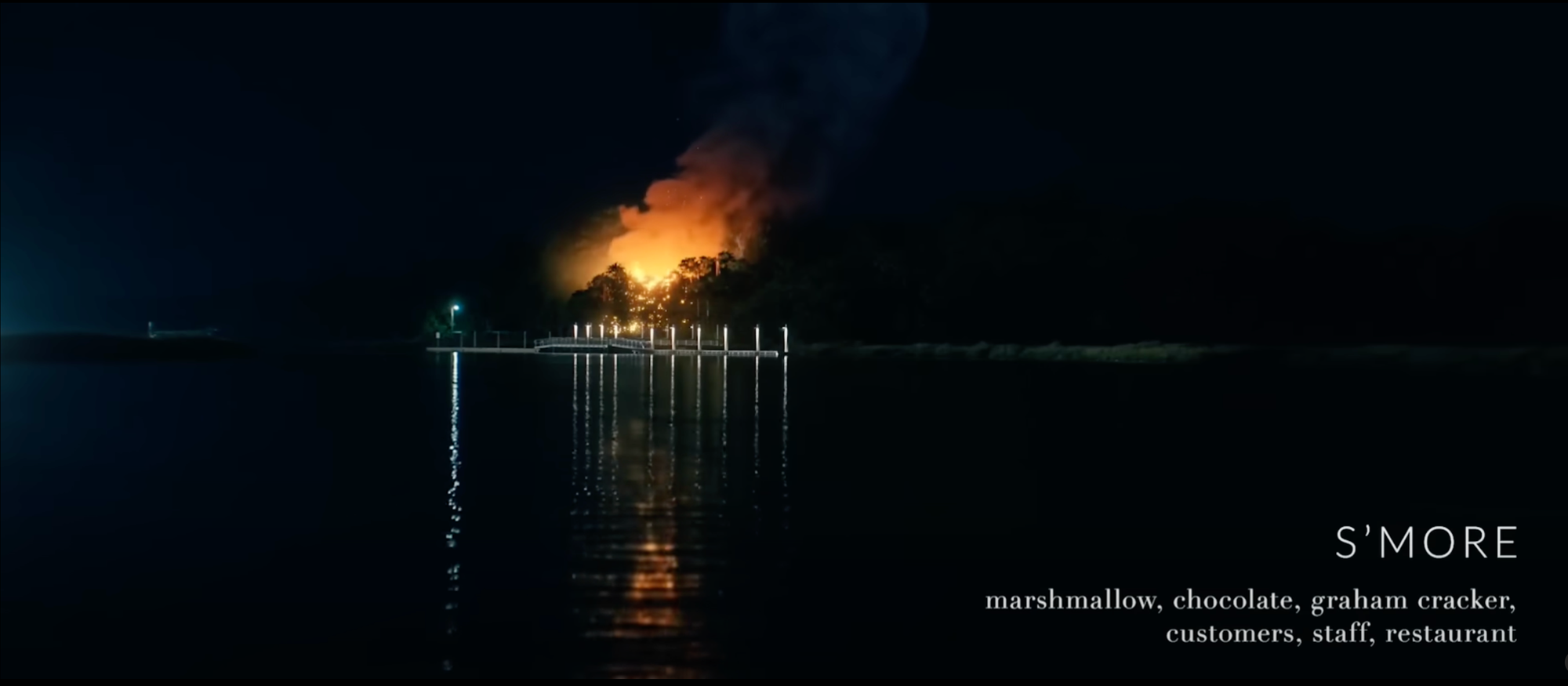
Poor Chef. His passion, skill, and brilliance were never an exercise in futility. He just failed to find the appreciative audience he craved and deserved.
When I am able to rally resilience in the face of futility, it is because I absolutely believe in the value of my own skill, creativity, and good intentions. And because I believe that there is an audience that I can serve well, if only we can find one another. It is because every day I am better able to muster the serenity to accept that while perhaps I cannot change academe or the opera industry overnight, I still have the courage and motivation to do the best, most authentic work I can every single day, as well as the wisdom to not take unpleasant or disappointing experiences personally.
The fact that you kept reading all the way to the end of this essay provides me with hope that it is working.
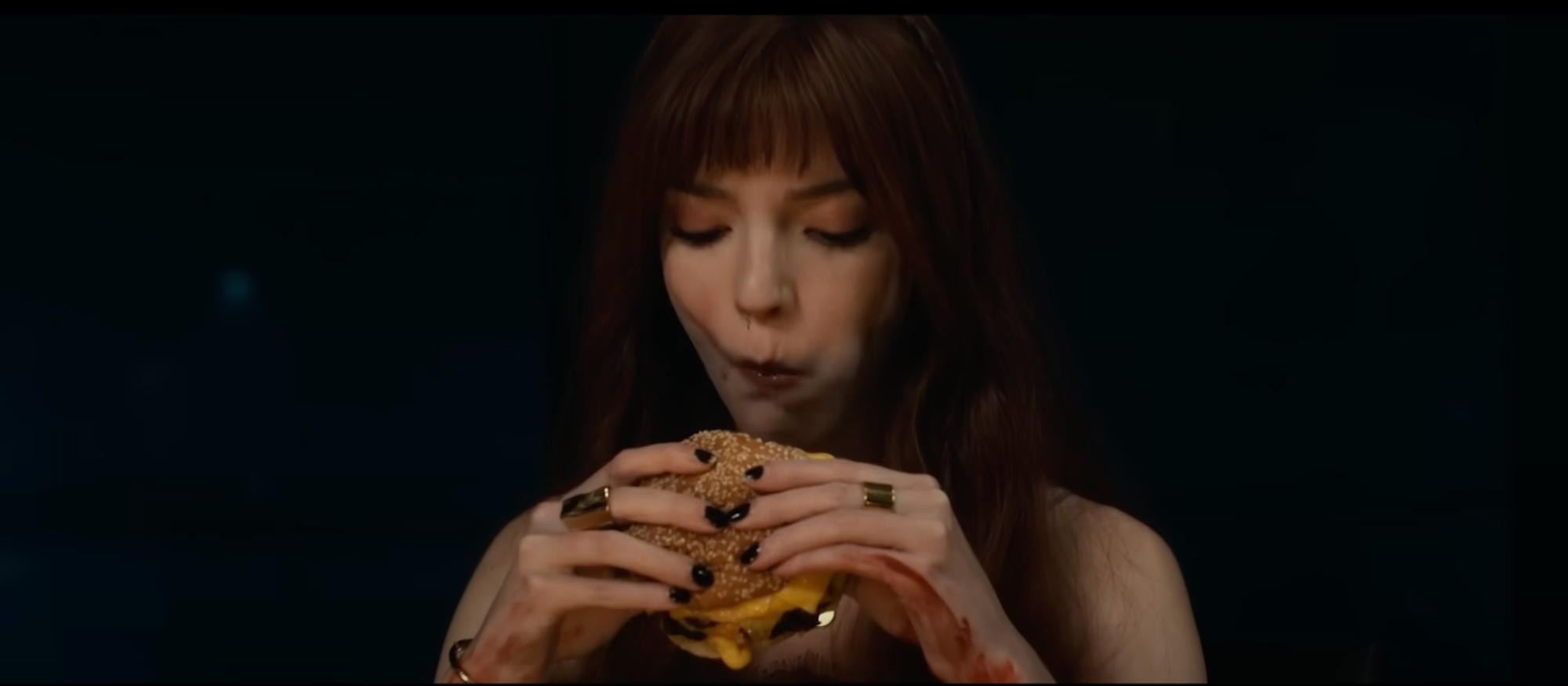
If this post resonated with you, please subscribe to my Ghost. Subscriptions can be either free or paid.
- Your attention is your most valuable currency, so free subscriptions are deeply appreciated!
- Paid subscriptions from those who can comfortably afford it help transition my writing from unpaid to paid labor.
Schedule a complimentary consultation for voice lessons here.
Schedule a voice lesson here.
Visit my website here.





